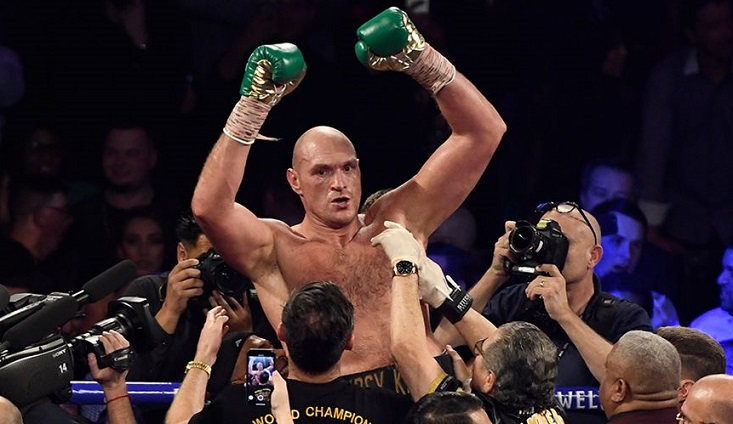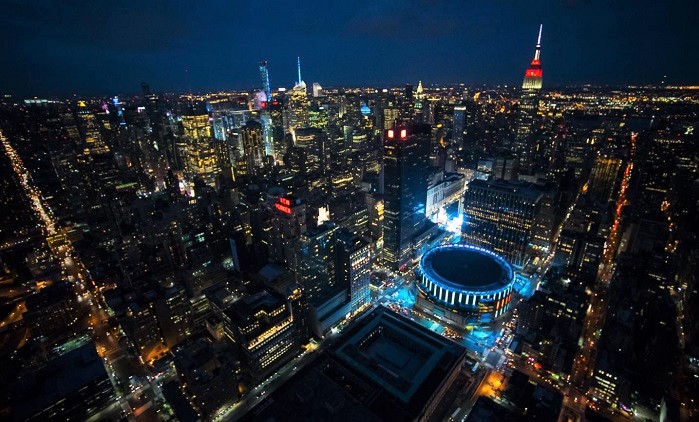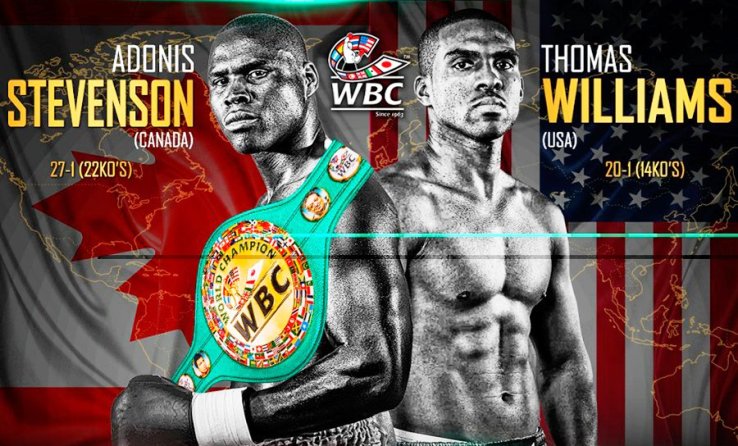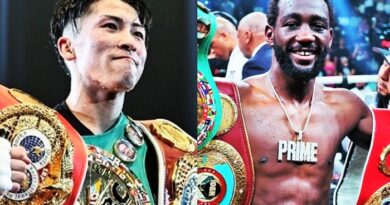Crazy Indeed
Crazy. In retrospect it was perfect, one word summing-up with eloquent simplicity everything about a fight that climaxed with so many on their feet, staring on in disbelief. The man so mercurial and enigmatic was escorted to the ring perched atop a golden throne, draped in the mock finery of kingly garb and singing along to the serenading strains of Patsy Cline. He was here to make a statement, but those watching were justified in wondering if this show was all puff and no substance, or whether it would foreshadow the ascension – or as some would have it; the restoration – of the self-styled “Gypsy King.”
Fight week had in many ways not surprised. There had been the usual circus of promotional bumph to expect from an event of this magnitude; much had been made of Fury’s “lineal” claim to the heavyweight crown but when the facts came to pass, only one of the combatants would bring a belt to the ring. And only one would leave with it.
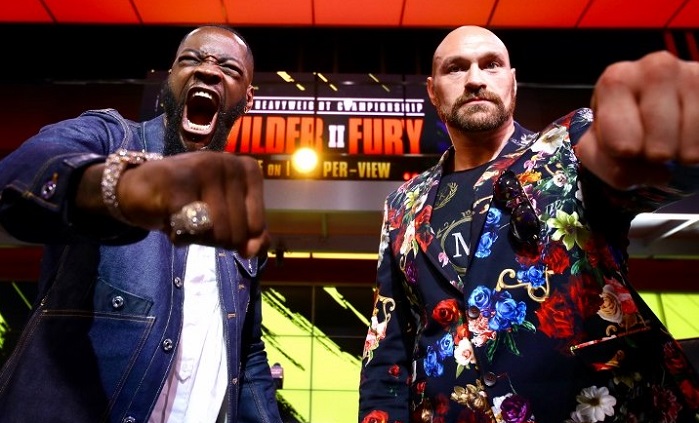
As with any such boxing spectacle, scrutiny had been relentless and with that scrutiny the chitter-chatter of countless analysts, each offering their own nuanced but often pointless take on things to come. Much talk had been made of what either man could improve upon from the first fight. Many felt understandable trepidation at Fury’s seemingly unheralded decision to switch trainer and abandon the man credited with much of the success in rejuvenating the Mancunian giant. Others felt the split was indicative of a relationship that had run its course; that Davidson, while having proven his credentials as a trainer, had simply reached the limit of his talents. Most it seemed were united in one thought: that a change in trainers at this late stage, and for such a pivotal career moment, was rarely the sage choice.
Fury’s weight had increased significantly from the first fight and many prefaced discussion of that fact with a foreboding reference to Ruiz in the Joshua rematch. Was 273 pounds too heavy? Had Fury become complacent and lost focus, or had the switch in trainers proven disruptive and counter-productive? Some of that concern was mitigated with the news that Wilder too was heavier than their first encounter. A career high in fact, and though that gain was still more than matched by the weight Fury had gained since his previous fight, many questioned the wisdom of packing muscle onto a frame never wanting for the ability to generate fearsome power.
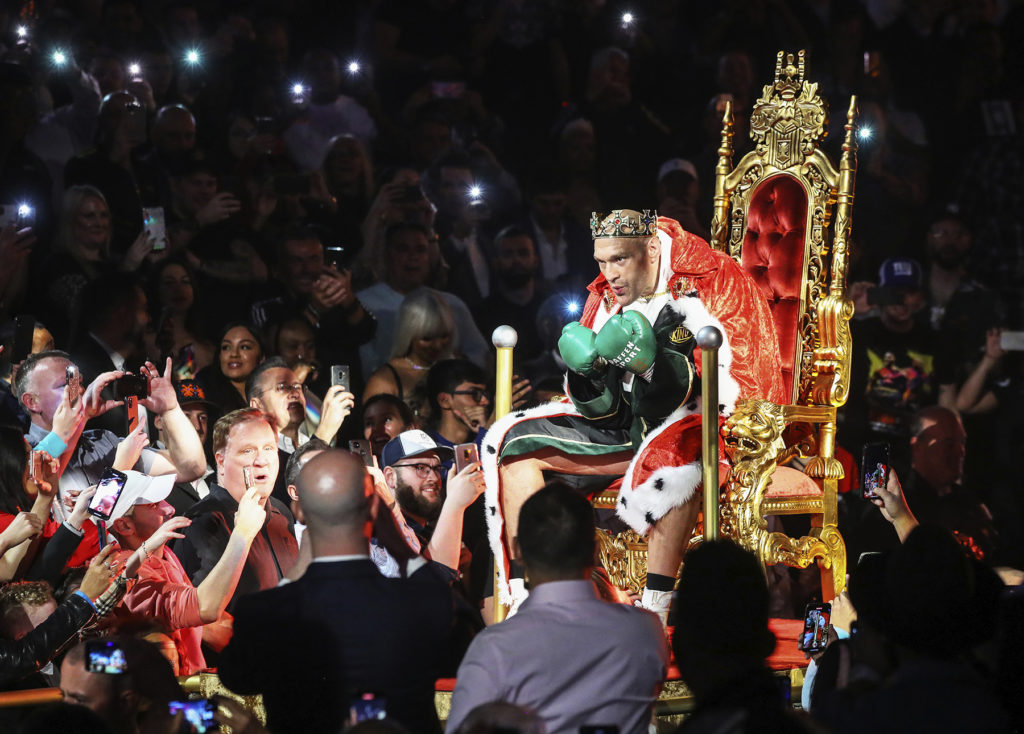
And so we came, finally, to fight night. An underwhelming undercard came and went with little fanfare. First challenger then champion would vie to upstage one another with uniquely outlandish ring-walks; anthems would be exchanged and eventually all the talk and speculation would be cast aside and rendered moot once both men entered the ring to await the toll of the opening bell.
Fury’s pre-fight promise to meet Wilder head-on and trade with deadly intent was quickly held true as he began pressing the action. It’s easy with hindsight to point knowingly to Wilder looking baffled and lacking a contingency plan once he found himself being backed-up and unable to effectively deploy his own shots, but it’s worth remembering that all were too well aware of his ability to alter the flow of a fight in the blink of an eye. That’s what Wilder does. He might lose rounds but an opponent need only let their concentration lapse for a fraction of a second and that’s all he needs. BAM! They meet a freight train of a right hand coming the opposite direction and it’s “goodnight, Vienna”. Right? It almost happened in the first fight. Instead we were blessed with that highlight reel moment. You know the one. Crazy stuff indeed.
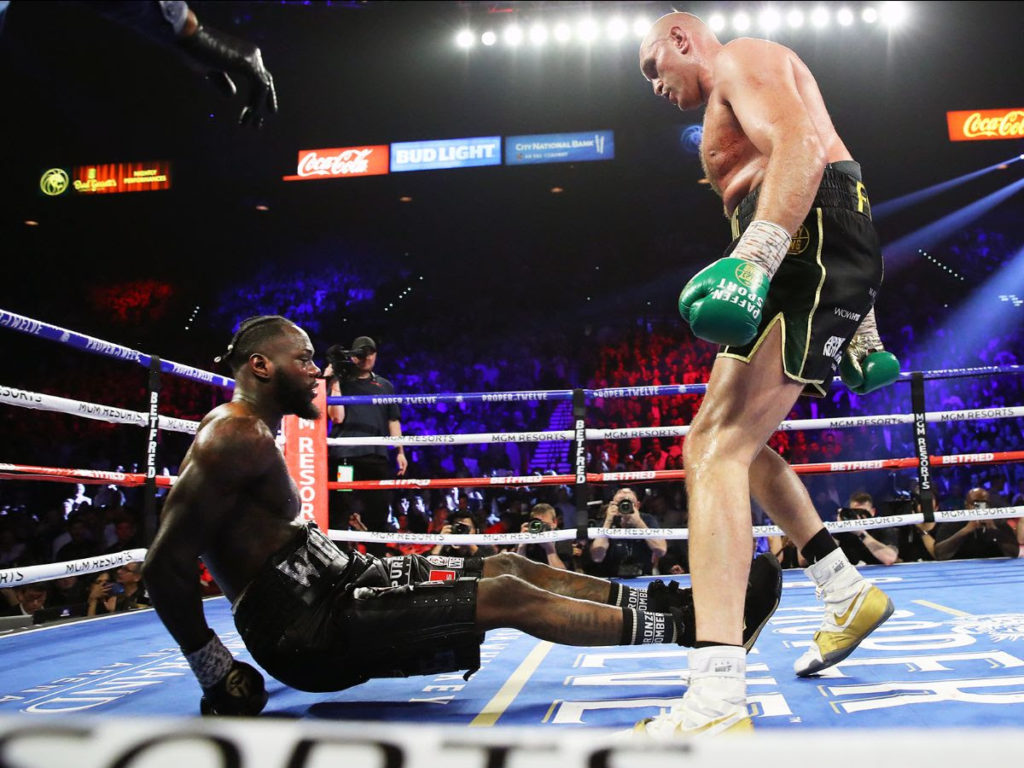
And so it went; first one round, then the second, and Fury was looking good, but moreover he was looking good doing exactly what he’d predicted. Scoring points, winning rounds, and all by going against the grain of so much conventional wisdom. He was the boxer; deceptively nimble for such a towering monolith, but he was pillow-fisted and chinny. By taking the offense he was leaving himself dangerously exposed to return fire, sacrificing the movement that was his biggest asset. He was meant to be playing the matador, not the bull. And then it happened, in the third round.
A big right hand connected. One leg stiffened, senses scattered, and a giant was felled. Only the giant wasn’t Fury. To say Wilder looked stunned, sprawled on the canvas, does the moment a disservice. His expression was equal parts shock and disgust; this wasn’t the script he’d been working from. It was a pivotal moment, Fury visibly energized and his opponent reeling like a closing-time drunk, the crowd in disbelief. For Fury’s UK fans the fear was buried deep in the collective mind of all watching: “Don’t. Slip. Up.” Too eager now and Fury could easily see all his efforts undone and the dream unravel.
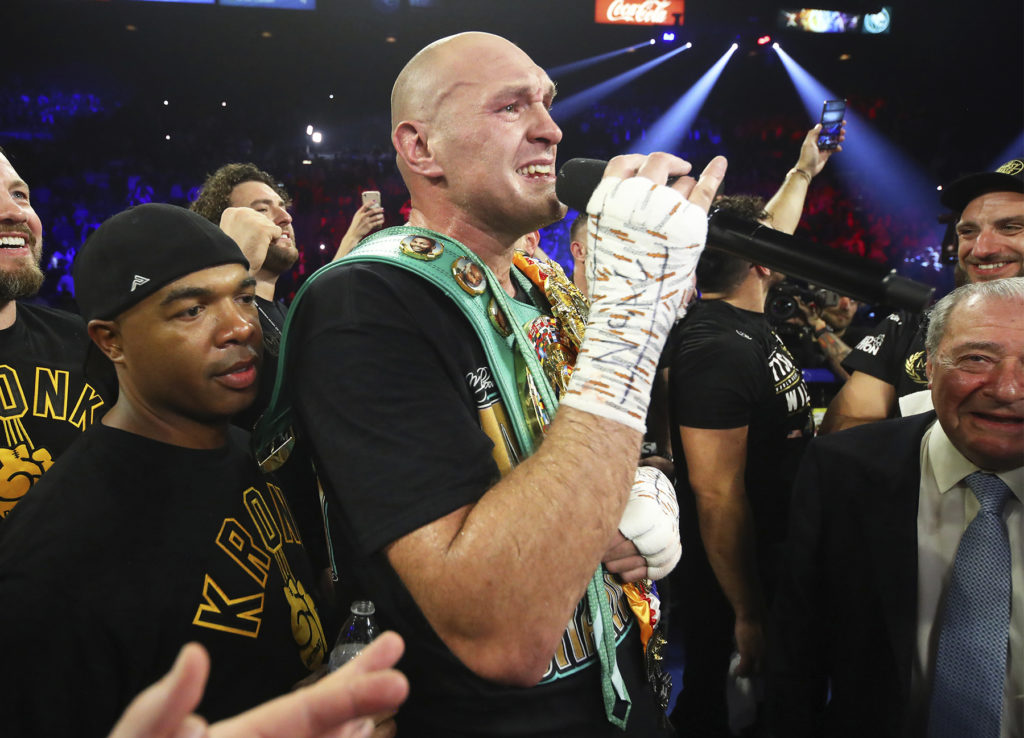
But it didn’t. The third ended, then the fourth, and the fifth was all Fury. By the end of that round Wilder was all used up. Tired, battered, and with no plan B, his flaws had become magnified on this grandest of stages. It seemed his greatest asset had become his Achilles’ heel as Wilder looked increasingly reliant on that one big game-changer that had become his trademark. “The Bronze Bomber” had become a damp squib, the attendant Bomb Squad devotees defused and extinguished by a madman with a plan so unhinged that it just might work. By now we all know how the night ended. The remaining two rounds became academic, an exercise in formality for a fight that might have been halted at any of a handful of earlier moments.
Wilder protested, as fighters do, but the towel that ended his night probably did him a favour in the long term. Fury celebrated, thanking God, Jesus, and a smattering of paying promotional partners, and then he broke into song, looking to whip the MGM Grand attendees into a deliriously exuberant, if somewhat tone-deaf rendition of “American Pie”. Crazy indeed. — Nelson Wills

